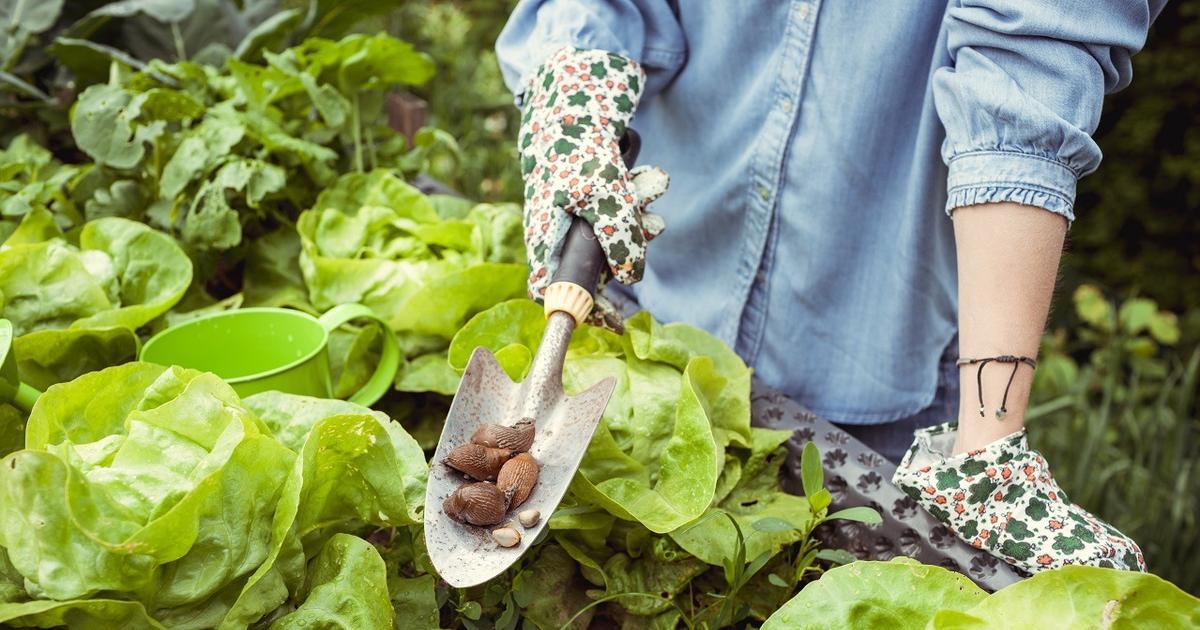Slugs and snails, friends or enemies of the gardener?
Great Britain has decided.
In this country with a rainy climate where gastropods flourish, a new guide published Thursday in the United Kingdom encourages gardeners to see these voracious and drooling molluscs as allies.
To discover
What to plant, sow or harvest in March?
The Royal Horticultural Society (RHS) and the Wildlife Trusts count no fewer than 150 kinds of molluscs.
Among these species, only a few pose a problem, say the two organizations.
The others, for the most part, even feed on plant pests, such as insect larvae.
However, they have long been considered pests because they attack fruits, vegetables and flowers.
Slugs and snails are fond of young shoots and certain plants.
But they also have a role as cleaners.
By eating dead leaves, rotting plants, fungi and even droppings, they help enrich the soil with nitrogen and other nutrients and minerals.
Their paths, leaving hollow traces, also allow air and water to circulate more easily, which promotes the growth of plant roots.
Finally, they can also act as cleaners by devouring the algae and mold that grow on greenhouse windows, with only one drawback: they leave traces...
Good to know
Gastropods are also a very popular dish for frogs, thrushes and beetles, and are part of the menu of hedgehogs.
Enough to promote biodiversity.
“By supporting these molluscs, gardeners are indirectly supporting a very diverse range of wildlife
,” inform Wildlife Trusts and RHS, who point out that some very territorial slug species can repel other species.
The two organizations therefore encourage gardeners to create shelters for these gardeners, particularly with piles of wood and mulch.
Also read: How to build an “insect hotel” in your garden?
How to avoid damage caused by snails and slugs?
However, it is important to note that in certain situations, slugs and snails can cause crop damage.
It is therefore essential for gardeners to find a balance.
The guide therefore advises erecting a natural barrier with plants that are not popular with these gastropods to protect your crops.
Plants known to repel slugs and snails include:
thyme
lavender
rosemary
geraniums
sage
fern
It is also recommended to move slugs and snails if they attack your plants.
To do this, it is recommended to carry out late patrols, torch in hand, to flush them out, because it is after dark that they are most active.
“While small numbers of slugs and snails can cause damage to some plants, overall they can provide many benefits to the garden and contribute to a balanced ecosystem
,” said Helen Bostock, wildlife specialist at the RHS.
“We hope that by highlighting the essential work that shellfish do in our gardens, we can contribute to a well-deserved reputational change.”

